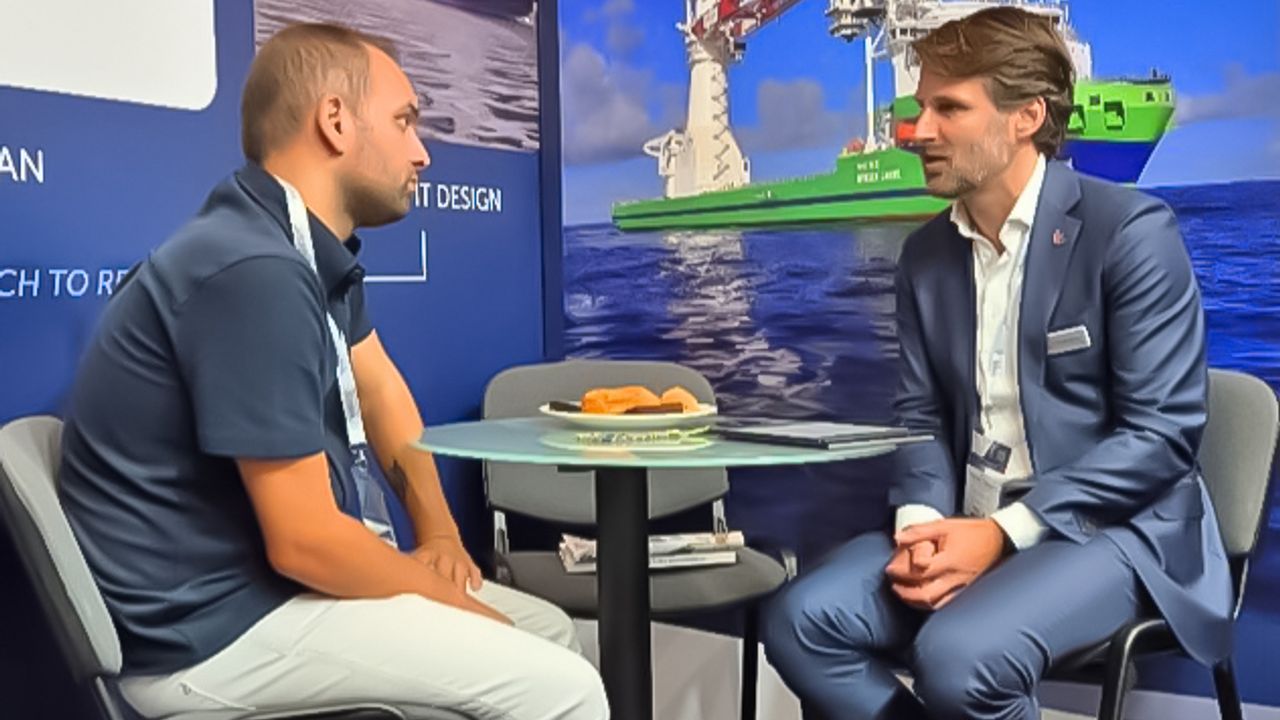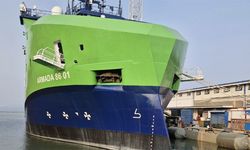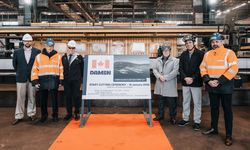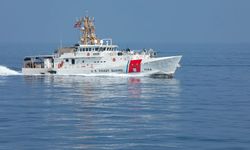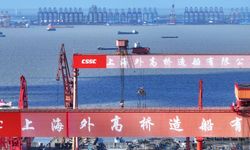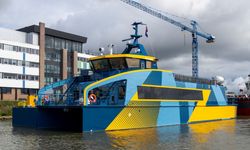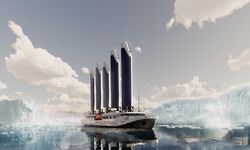How do C-Job integrate sustainability into the design process while balancing functionality and cost-effectiveness?
At C-Job, we approach sustainability from a broad and holistic perspective rather than relying on a single solution. We assess each vessel individually, considering its specific operational needs and environmental impact.
This approach helps us provide tailored advice to ship owners, ensuring that the sustainability solutions we recommend are both effective and appropriate for their operations and the vessel’s particular requirements.
Given the multitude of available solutions, it's crucial for ship owners to understand which option will be most efficient for their specific context, and what limitations they present. We strive to be a knowledgeable partner, offering unbiased advice to guide our clients toward the best sustainable choices for their situation.
Can you share specific examples of innovative technologies or design strategies that C-Job has implemented to enhance ship performance?
We've implemented various innovative solutions to enhance ship performance. For instance, we've developed tools to analyze vessel operations in detail, which helps us and our clients to identify effective solutions. Technologies like rotor sails can significantly improve efficiency, but their effectiveness depends on factors like route predictability.
On of C-Job’s main focuses is transitioning from traditional fuels to future fuels. We combine our theoretical research with practical implementation to ensure that these solutions are viable. It is important for our clients to know the overall impact of the choices they have to make, and here our theoretical knowledge and hands-on experience becomes important. With this knowledge we are able to provide realistic and informed insights.
What about your portfolio?
In terms of new build designs, our focus areas include passenger vessels like cruise ships and ferries, dredgers, offshore wind vessels, yachts, and retrofits. However, when it comes to sustainability, we cater to a wide range of vessels across the maritime industry. Sustainability is a universal challenge, and we provide support and advice to clients operating all types of vessels.
What are the key things in ship design and digitalization today that ship owners should closely follow and know about?
The landscape is rapidly changing with new technologies and applications that apply to the full maritime landscape. It is a challenge for ship owners to stay informed on these developments. As there are numerous solutions available, it can be challenging to discern which are trustworthy or applicable.
This is where C-Job provides added value. Everything we do is based on data and how to leverage that data to the best of our abilities. Our team is able to provide unbiased advice on what serves a particular element, project, or ship best. This allows ship owners to make evidence-based decisions without having to keep track of all new developments themselves. In a way, we serve as intermediaries, analyzing various options and recommending the most suitable available solutions based on the vessel type and operational context.
Additionally, the C-Job R&D department focuses and new and upcoming technologies such as autonomous shipping, and leverages data science to explore how AI can benefit our clients.
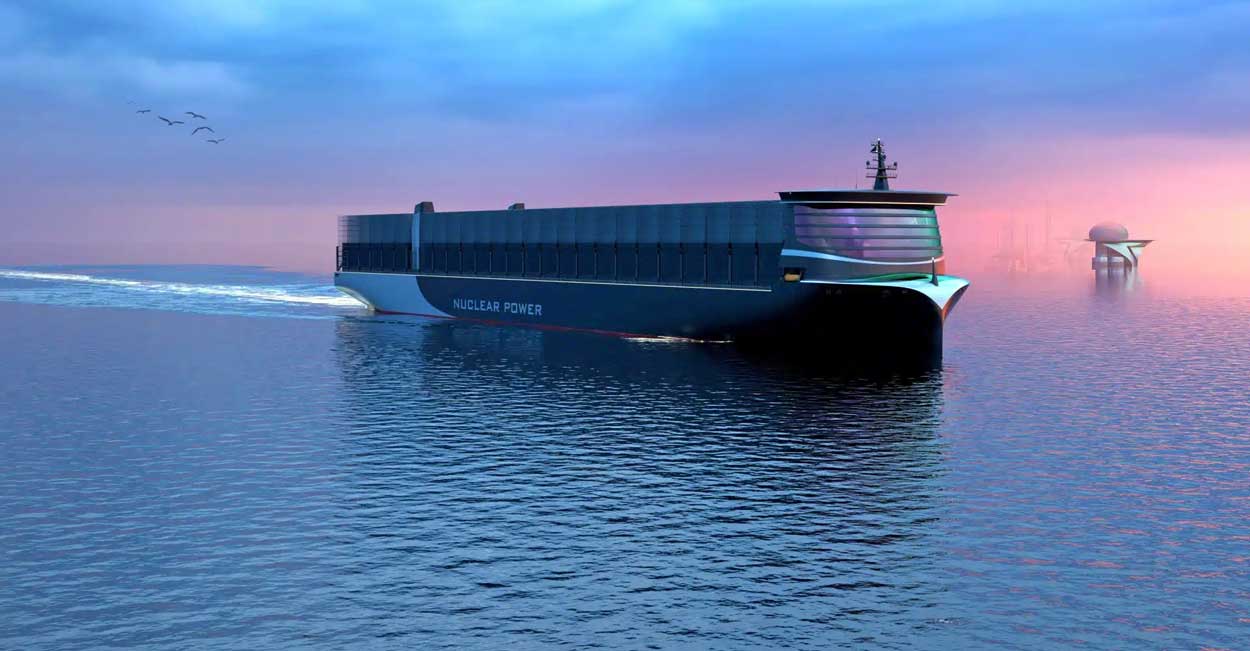
How does C-Job prepare its employees for innovative technologies and new
developments? Is there any internal training program or course for employees?
At C-Job, we prioritize equipping employees with the skills and knowledge needed to stay ahead of emerging technologies and developments. The C-Job R&D department plays a central role in creating and testing new innovations, which are then shared company-wide. We ensure that employees are always up-to-date with the latest advancements, both within the company and the wider maritime industry.
Internally, a range of training programs is available for employees, including software development courses, refresher training, and design-specific education. Practical tools like operational profile analysis, which uses AIS data to assess vessel performance, are also part of the learning process. This data-driven approach ensures our designs reflect actual operational conditions rather than theoretical ones, emphasizing the importance of real-world data in decision-making.
Externally, C-Job encourages employees to share knowledge and participate in industry seminars and exhibitions. These platforms provide excellent opportunities to learn from others, stay updated on industry advancements, and foster discussions about the innovative work happening within C-Job.
